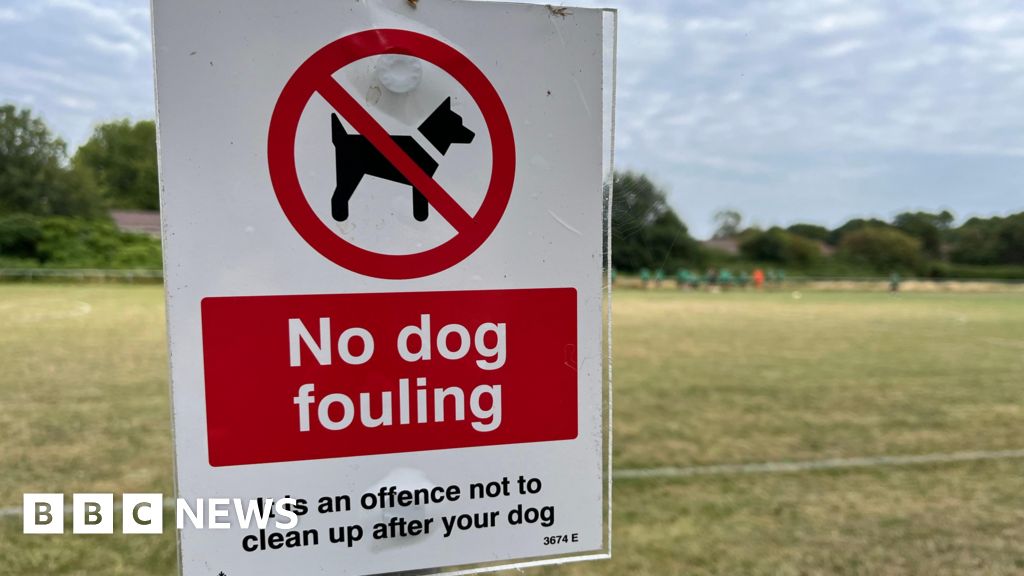Ukraine's Security Future Uncertain Despite Trump's Pledge: A Complex Landscape

The recent pledge by Donald Trump to offer some form of security guarantee to Ukraine, announced at a White House summit, has been met with cautious optimism, particularly from NATO Secretary General Mark Rutte, who described himself as “excited” by the commitment. However, securing Ukraine's future amidst ongoing conflict and geopolitical uncertainties remains a complex challenge, even with this apparent boost of support.
For months, European nations have been actively seeking robust security assurances for Ukraine, recognizing that relying solely on US aid and promises has proven insufficient in the face of Russian aggression. Trump's statement, while welcome, raises several questions given his history of unpredictable foreign policy decisions and his previous skepticism towards NATO.
The Nuances of Trump's Pledge
It's crucial to unpack precisely what Trump meant by a “security guarantee.” Does it involve a formal treaty obligation, a commitment to provide military assistance in the event of an attack, or something more ambiguous? The lack of specific details leaves room for interpretation and potential shifts in policy depending on future political circumstances. His past statements suggest a transactional approach, potentially tying support for Ukraine to concessions from Kyiv or other geopolitical considerations.
European Perspectives and the Need for Complementary Measures
While European leaders are undoubtedly relieved by Trump's apparent willingness to engage, they are also acutely aware of the need for a multi-faceted approach. Reliance on a single actor, even a powerful one like the United States, is inherently risky. European nations are increasingly focused on strengthening their own defense capabilities and fostering greater regional security cooperation. This includes increased investment in military equipment, enhanced intelligence sharing, and coordinated diplomatic efforts.
The concept of a 'European Security Compact' for Ukraine has gained traction, aiming to provide a framework for long-term security commitments from various European countries, regardless of shifts in US policy. This could involve financial assistance, training for Ukrainian forces, and the provision of advanced weaponry.
The Ongoing Conflict and the Path Forward
The immediate challenge remains the ongoing conflict with Russia. Continued military and financial support for Ukraine is essential to enable it to defend its sovereignty and territorial integrity. However, a purely military solution is unlikely. A negotiated settlement, while difficult to achieve, remains the ultimate goal.
Any security guarantee, whether from the US or Europe, must be accompanied by a credible deterrent to Russian aggression. This requires a strong and unified NATO, a commitment to sanctions against Russia, and a clear articulation of the consequences of further escalation.
Conclusion
Trump's pledge offers a glimmer of hope for Ukraine's security, but it is not a panacea. Securing Ukraine's future requires a complex and sustained effort involving both the United States and Europe. A combination of military assistance, diplomatic engagement, and a robust commitment to regional security cooperation is essential to deter aggression and pave the way for a lasting peace. Europe must continue to build its own security architecture to complement US support and ensure Ukraine's long-term stability. The coming months will be critical in shaping the trajectory of Ukraine's security and its relationship with the West.






